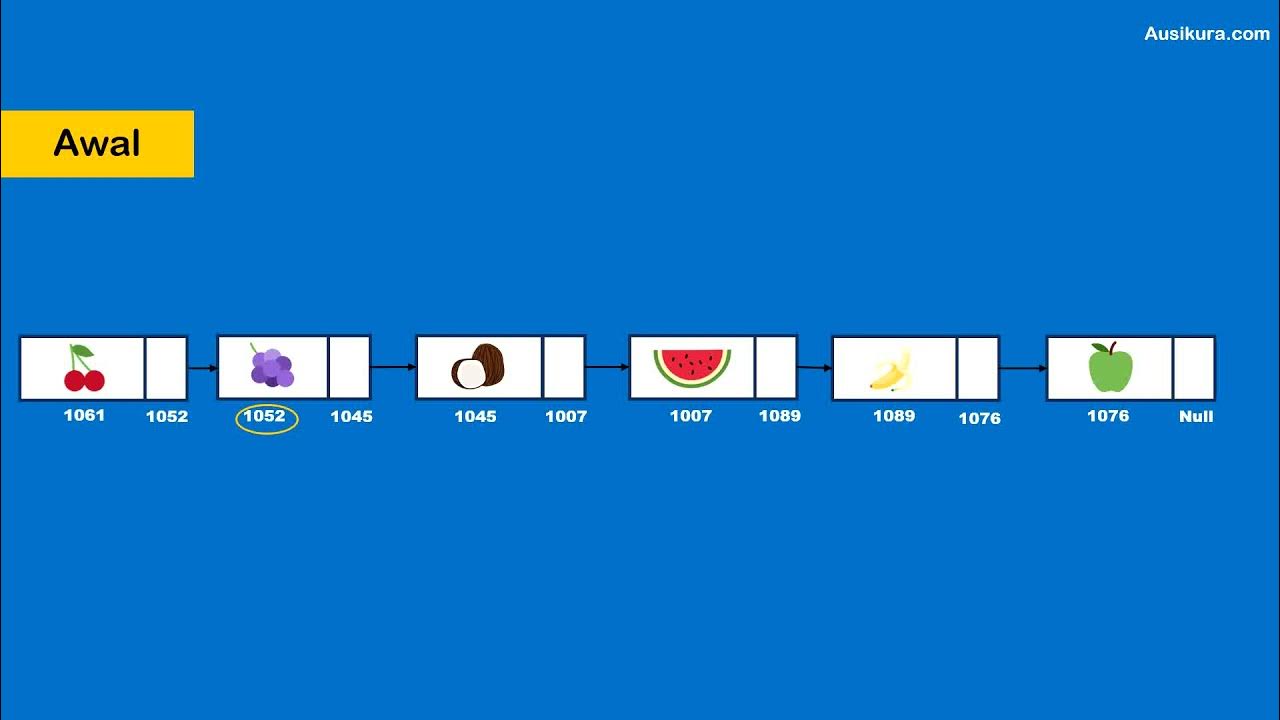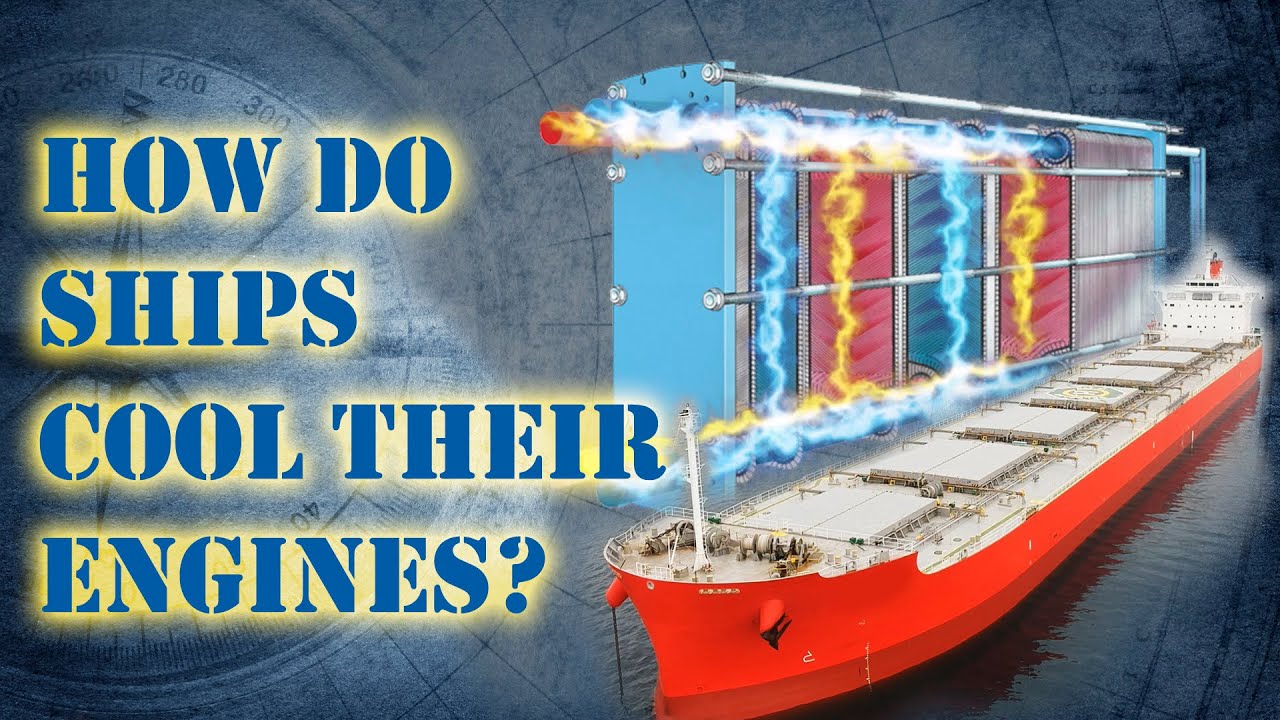What Law Applies In International Waters?
Summary
TLDRThis video explains how maritime laws differ depending on a ship's location and the flag it sails under. While ships must follow the laws of the country whose waters they are in, they are governed by the laws of their flag state when in international waters. Ships may register under a 'flag of convenience' to take advantage of relaxed regulations, such as lower wages or fewer environmental restrictions. The video explores how these dynamics impact shipping companies, cost structures, and legal compliance, shedding light on the complexities of international maritime law.
Takeaways
- 😀 Ships in international waters are subject to different laws depending on their location, flag, and port state jurisdiction.
- 🌍 A country's territorial waters extend 12 nautical miles from its coastline, where it has full legal jurisdiction.
- 🚢 The 'port state' refers to the country with legal jurisdiction over the territory a ship is in, especially in territorial waters.
- 🏴☠️ The 'flag state' refers to the country under which a ship is registered, and its laws apply to the ship regardless of location.
- 📜 The United Nations Convention on the Law of the Sea (UNCLOS) governs maritime laws, including the extent of territorial waters (12 miles).
- 🌊 The contiguous zone extends 12-24 miles from a coastline, where a state can enforce limited laws, like customs and sanitation.
- 🌐 Beyond 24 miles from a coastline is the exclusive economic zone (EEZ), where states have rights to natural resources but limited jurisdiction over laws like gambling or alcohol.
- 💼 Flag of convenience refers to ships being registered under countries with lenient regulations to reduce operating costs, often in terms of labor and environmental laws.
- 💵 Ships from flag of convenience countries may avoid high operational costs, such as minimum wage laws, allowing them to compete with ships registered in countries with stricter regulations.
- ⚖️ When a ship registered in one country (flag state) enters another country's waters (port state), it must comply with the international minimum standards but may not need to adhere to the port state's stricter laws.
- 🇺🇸 In the U.S., ships registered domestically must comply with laws like the Jones Act, requiring U.S. crew members and U.S. ownership for certain routes, like cruises between U.S. ports.
Q & A
What happens to laws when a ship moves from a country's territory into international waters?
-When a ship moves from a country's territory into international waters, the laws of the flag state (the country under which the ship is registered) continue to apply, not the laws of the country it left.
What is the concept of the port state?
-The port state is the country that has legal jurisdiction over a ship while it is within its territorial waters, which extend up to 12 nautical miles from the coast.
What is the difference between territorial waters, the contiguous zone, and international waters?
-Territorial waters extend 12 nautical miles from a country's coastline, where the country can enforce its laws. The contiguous zone extends up to 24 nautical miles, where the country has limited authority on customs, immigration, and sanitation. Beyond that, in the exclusive economic zone (up to 200 nautical miles), a country has rights to natural resources but not to enforce most laws. Beyond the exclusive economic zone is international waters.
What is the role of the flag state?
-The flag state is the country under which a ship is registered. The laws of the flag state apply to the ship, regardless of its location, even if the ship is in international waters.
What is meant by the 'flag of convenience'?
-A 'flag of convenience' refers to a country with flexible or lax laws, such as no minimum wage or loose regulations on gambling and alcohol. Shipping companies may register their ships under these flags to reduce operational costs and avoid stricter laws in their home countries.
What happens when a ship registered in a flag state like Zulu enters the territorial waters of another country, like Yankee?
-When a ship registered in a flag state like Zulu enters the territorial waters of another country, like Yankee, the port state (Yankee) can exercise control as long as the ship complies with minimum international standards. If the ship is just passing through, it is entitled to innocent passage.
What is the Jones Act in the United States?
-The Jones Act requires ships operating between U.S. ports to be registered in the U.S. and be built, owned, operated, and crewed by U.S. citizens. This law ensures that only U.S.-registered ships, like the Pride of America, can operate domestic cruises in Hawaii without visiting a foreign port.
Why do some shipping companies choose to register their ships under a flag of convenience?
-Shipping companies register their ships under a flag of convenience to take advantage of lower operational costs, such as no minimum wage laws, more relaxed regulations, and reduced environmental protection measures. This allows them to remain competitive in the global market.
What is the impact of a flag of convenience on labor costs?
-A flag of convenience allows shipping companies to avoid higher labor costs that are typically required by stricter flag states. For example, a ship registered in a country without a minimum wage can reduce crew costs significantly compared to a ship registered in a country with a high minimum wage.
How do international shipping laws help maintain global maritime operations?
-International shipping laws, such as those set by the United Nations Convention on the Law of the Sea (UNCLOS), standardize regulations across the global shipping industry. These laws ensure that ships comply with basic standards, such as environmental protection and safety, regardless of where they operate.
Outlines

This section is available to paid users only. Please upgrade to access this part.
Upgrade NowMindmap

This section is available to paid users only. Please upgrade to access this part.
Upgrade NowKeywords

This section is available to paid users only. Please upgrade to access this part.
Upgrade NowHighlights

This section is available to paid users only. Please upgrade to access this part.
Upgrade NowTranscripts

This section is available to paid users only. Please upgrade to access this part.
Upgrade NowBrowse More Related Video

Mengenal Singkat AIS AUTOMATIC IDENTIFICATION SYSTEM

Cara Menentukan Posisi Kapal Dengan Baringan 4 Surat

Kelas X | Terbentuknya Jaringan Nusantara Melalui Perdagangan | Sejarah Indonesia

Pengenalan Linked List - struktur Data (Animasi)

Ship's Load Lines ll Plimsoll Lines ll Application of Load Lines in Different Zones

Ship's Sea Water Cooling System | Study Call with Chief MAKOi episode 002
5.0 / 5 (0 votes)